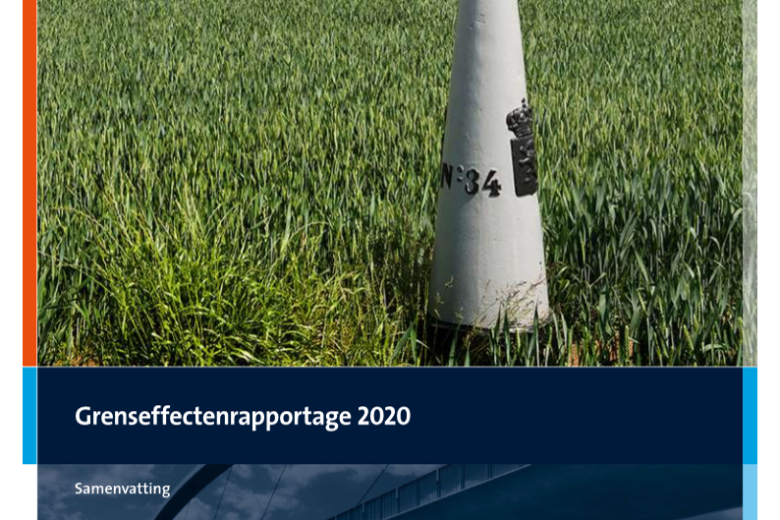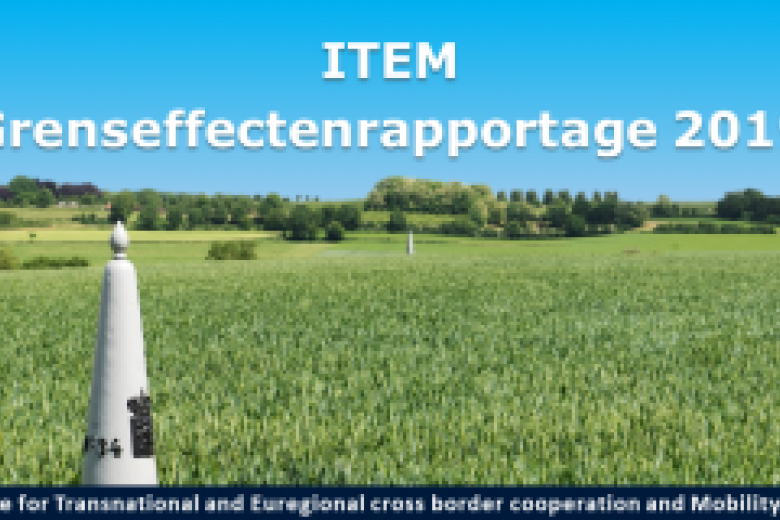Risk of ethnic profiling in recidivism prediction tool OxRec
There are signs that ethnic profiling is being used in a growing number of so-called risk assessment tools. Gijs van Dijck of the Maastricht Law & Tech Lab at Maastricht University therefore evaluated the OxRec tool, which attempts to predict the risk of recidivism and has been used in Dutch legal practice for some time. The findings are troubling. The use of OxRec creates or reinforces the possibility of unequal treatment based on race, social class or other forms of social inequality. Van Dijck’s evaluation will be published today in the Dutch law journal Nederlands Juristenblad.
Ethnic profiling
In a growing number of cases, risk assessment tools have been found to be associated with ethnic profiling. A recent example is System Risk Indication (SyRI), which the Dutch government used to combat fraud in areas such as benefits, tax credits and taxes. A court ruled that the tool could no longer be used. Even more recently, it came to light that the Dutch tax authorities had selected taxpayers for extra checks partly on the basis of whether or not they had dual nationality. With these examples in mind, Gijs van Dijck evaluated the risk assessment tool OxRec, which attempts to predict the risk of recidivism and has been used in Dutch legal practice for some time. He looked at the research on which the algorithm is based and came to some striking conclusions.
Risks and uncertainties
In the first place, Van Dijck considers the quality of the algorithm questionable from a practical point of view. ‘Its application is only possible if you accept wide margins of error,’ he says. Moreover, the use of OxRec creates or reinforces the possibility of unequal treatment based on race, social class or other forms of social inequality. ‘We don’t know whether the prediction model uses ethnic profiling, but equally we don’t know that it doesn’t use ethnic profiling. This means there is a chance that judgments may be made that are partly influenced by a tool that creates or increases a disadvantage in criminal proceedings for people of a particular origin or with a particular ethnic profile.’ Given these risks and uncertainties, Gijs van Dijck says that for now it would be better to end the use of the OxRec tool in Dutch legal practice.
Also read
-
European cross-border approaches to the corona crisis are hard to find
Many European borders were closed this spring simply because governments were unable to make agreements about the various national corona measures, and not primarily due to public health considerations. This is the conclusion of the annual Cross-Border Impact Assessment by the Institute for...
-
Maastricht scholars successfully fight forced marriage and marital captivity
For the research group led by Susan Rutten, professor of Islamic Family Law in a European Context at Maastricht University (UM), in recent weeks, everything has fallen into place. Partly in response to the recommendations of their MARICAP study, the Dutch minister of legal protection Sander Dekker...
-
New civil servants law increases uncertainty for cross-border workers
From 1 January 2020, a new Dutch law regarding the legal status of civil servants can prevent certain employees of Dutch universities from working at home. In a change from the current situation, from January on it matters to cross-border workers how much time they work in the office or from home.